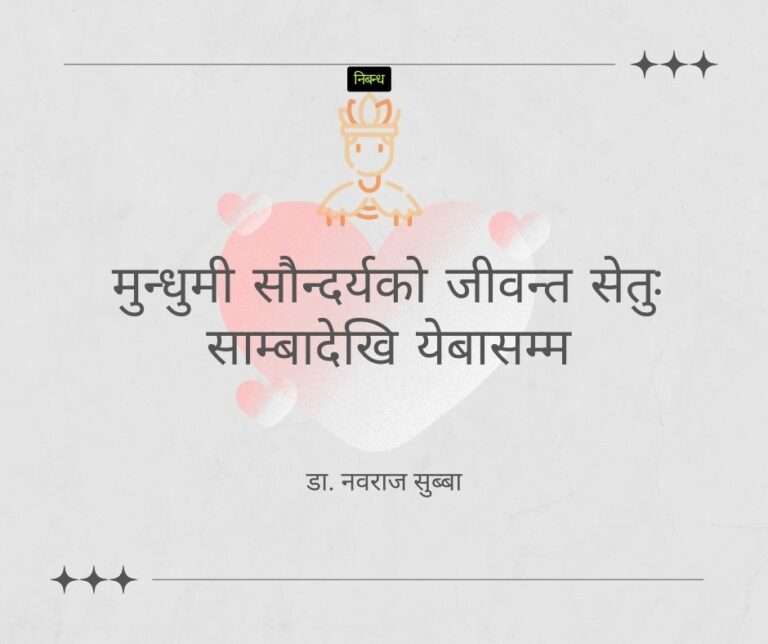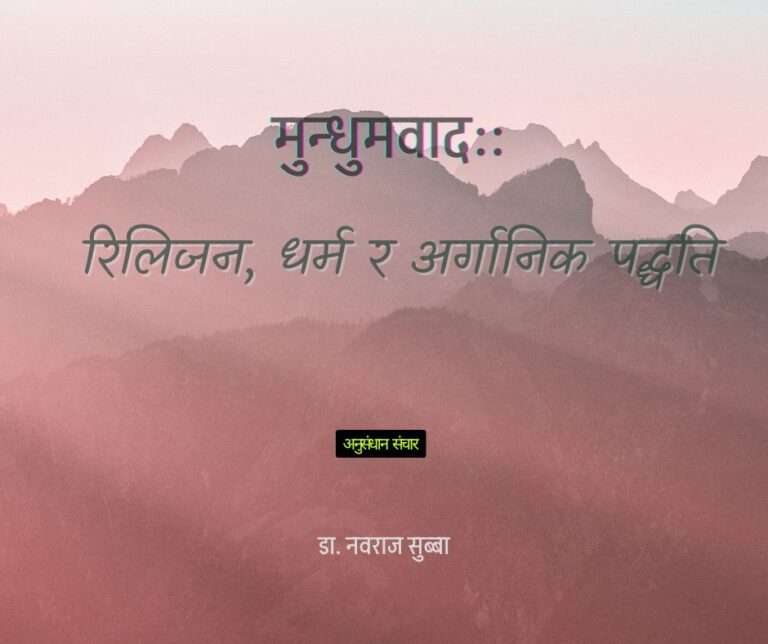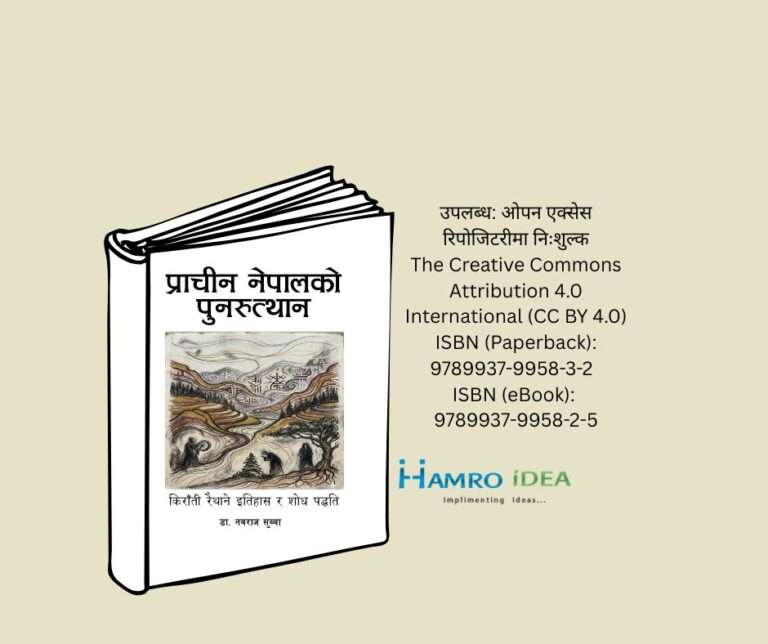The Human Cost of the Iran-Israel Conflict:
Dr. Nawa Raj Subba The Human Cost of the Iran-Israel Conflict: A Plea for Shared Humanity. The sky in our modern world is no longer the pillar of softness of morning dew; it pours the lava of destruction. Across the landscape stretching from Iran’s Persepolis to Jerusalem’s Dome of the Rock, and into the calculated…







